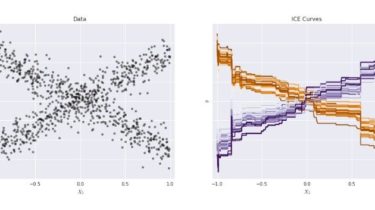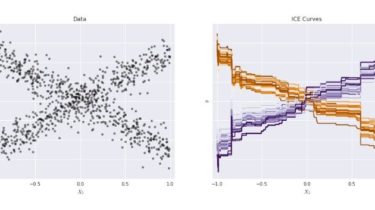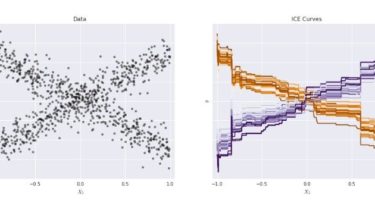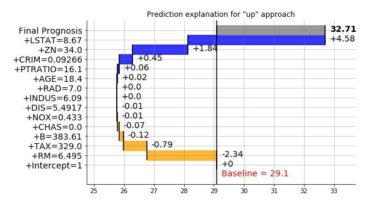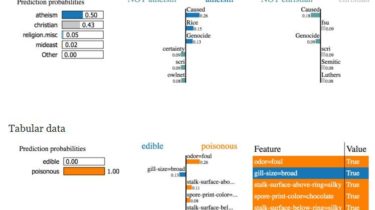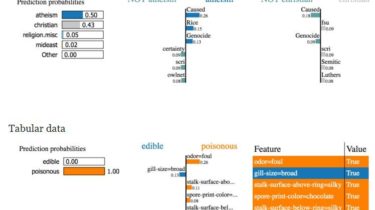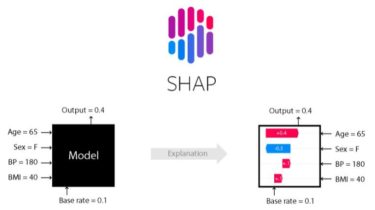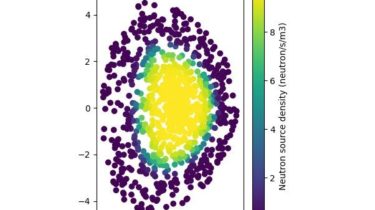A library that implements fairness-aware machine learning algorithms
themis-ml is a Python library built on top of pandas and sklearnthat implements fairness-aware machine learning algorithms. themis-ml defines discrimination as the preference (bias) for or against a set of social groups that result in the unfair treatment of its members with respect to some outcome. It defines fairness as the inverse of discrimination, and in the context of a machine learning algorithm, this is measured by the degree to which the algorithm’s predictions favor one social group over another […]
Read more